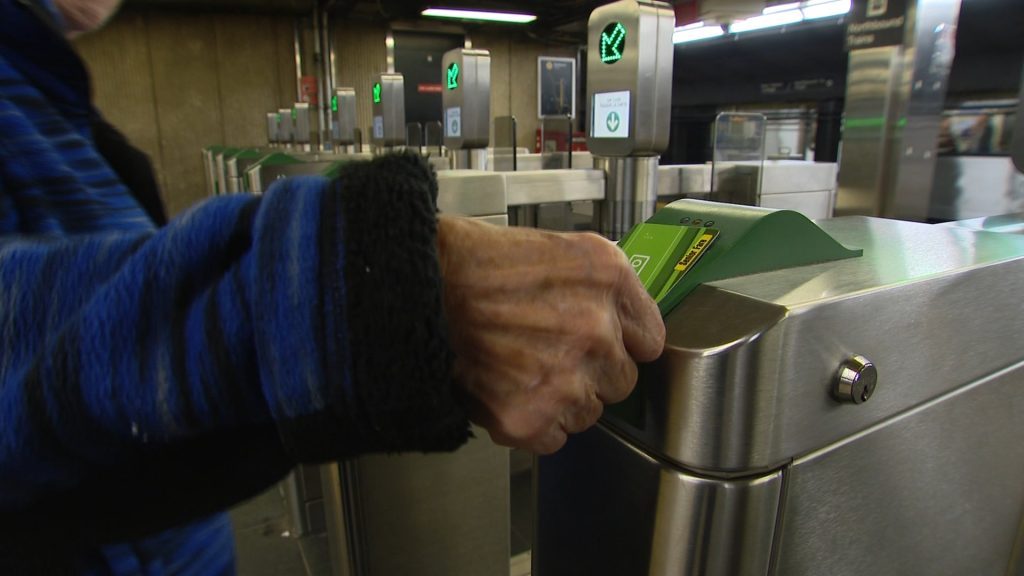Is safety improving on the TTC?

Posted June 11, 2024 5:35 pm.
The death of Nyima Dolma, who was set on fire on a TTC bus in 2022, was one of just several violent incidents on Toronto transit vehicles and in stations. There have been some changes since that tragic incident in an attempt to make riders feel safer on transit.
“It’s not necessarily that these assaults are thoughtfully planned, it’s acts of opportunity, crimes of opportunity,” said Murtaza Haider, professor of management at Toronto Metropolitan University and director of the Urban Analytics Institute.
According to the TTC CEO’s latest monthly report, community safety issues have been on a downward trend since peaking between December 2022 and January 2023.
When looking at 2024 statistics, there has been a 35 per cent drop in offences against customers compared to numbers in January 2023. Customer Service Communications related to safety and security also decreased by 65 per cent since May 2023.
Experts believe the decline is connected to people returning to transit.
“As the system became more populated, the system also became safer,” said Haider. “The more people that there are, the more it acts as a deterrent against these random crimes.”
TTC officials said over time, a range of safety and security measures have been implemented, including the hiring of more customer-facing personnel and Special Constables, along with providing de-escalation training, which includes unconscious bias training to frontline staff.
Professor Murtaza Haider said more can be done to improve overall safety.
“Patrolling by security personnel in the transit system is one positive thing we can do more of, and also using the video feed we already have through TTC cameras, subjecting them to artificial intelligence, video recognition to spot incidents in real time,” said Haider.
The tail end of the pandemic proved to be a volatile time for riders on the TTC. Incidents included a woman being pushed onto the subway tracks at Bloor-Yonge Station, along with multiple stabbings, shootings, and assaults.
“These random crimes, the most horrific ones, were crimes committed by people who themselves needed psychological and other medical help that they could not get so it’s a sorry state of affairs,” said Haider.
Experts also believe the violent incidents on the TTC are not entirely a transit problem, but rather a societal issue, with many people not having access to the proper mental health care they require.








